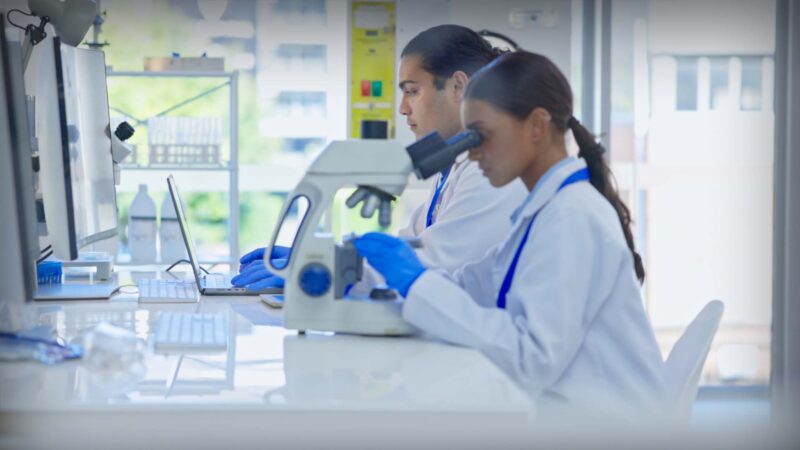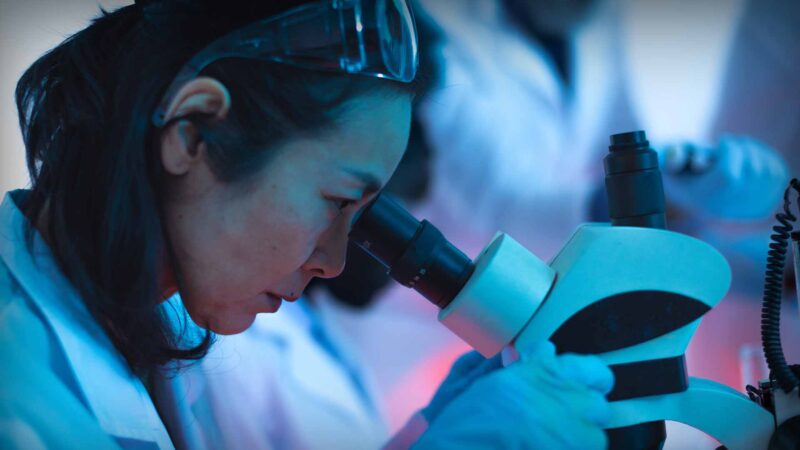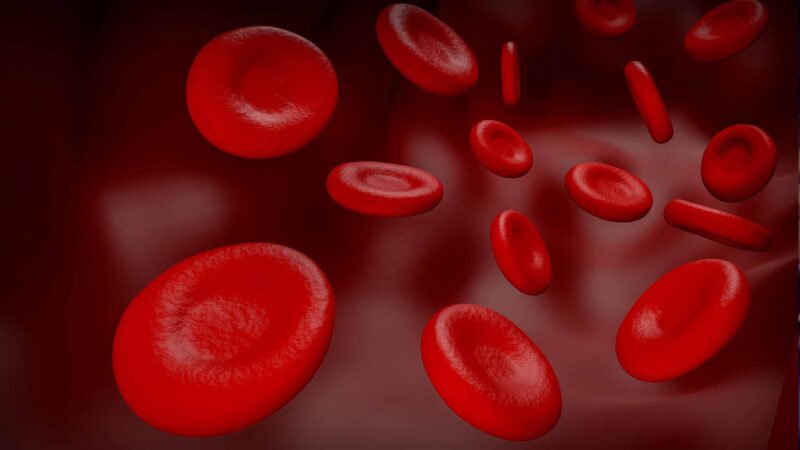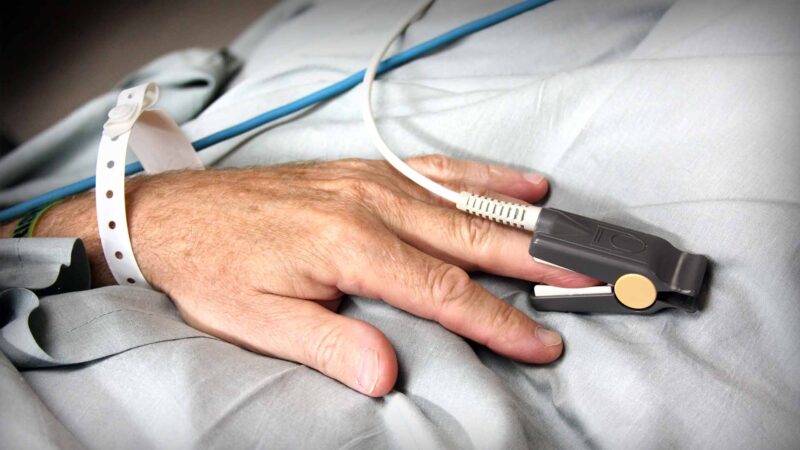New option for management of high-risk soft tissue sarcoma of the limb
SARC032 is the first completed randomised clinical trial of its kind and has demonstrated compelling evidence to integrate immunotherapy, with the standard treatment regimen of radiotherapy and surgery for patients with grade 2 or 3, stage III soft tissue sarcoma of the limb.










